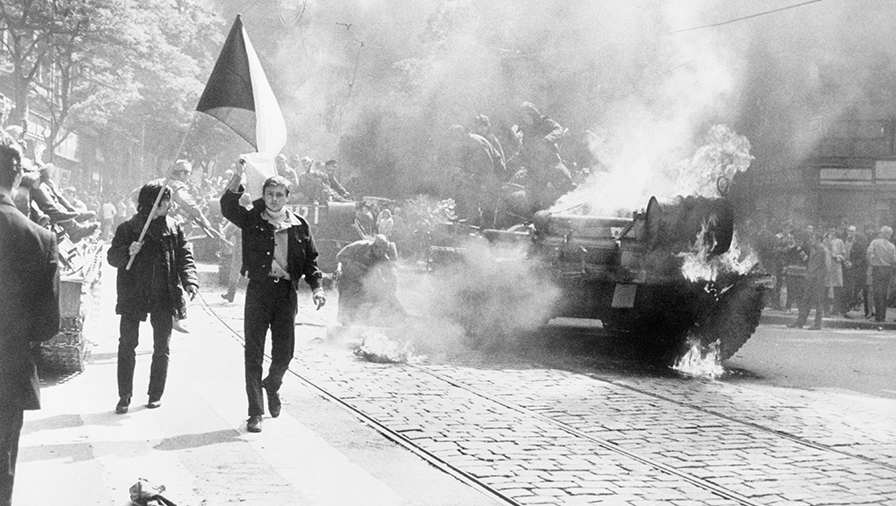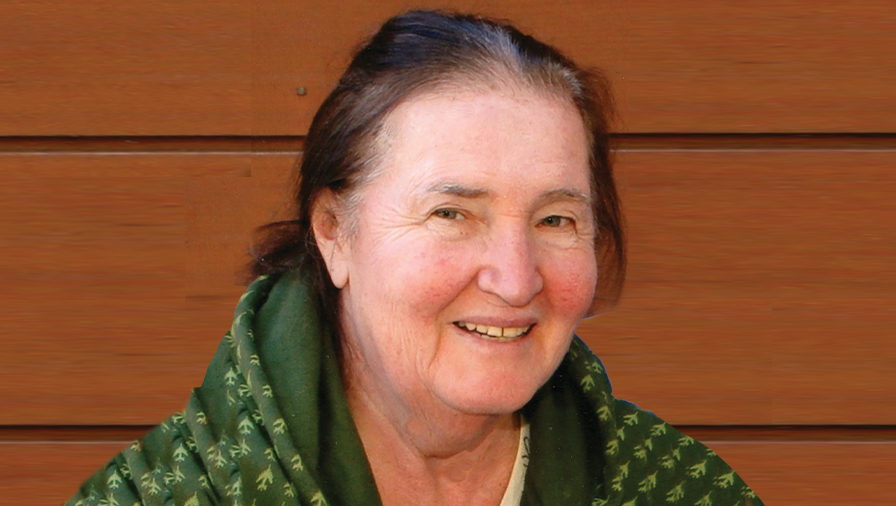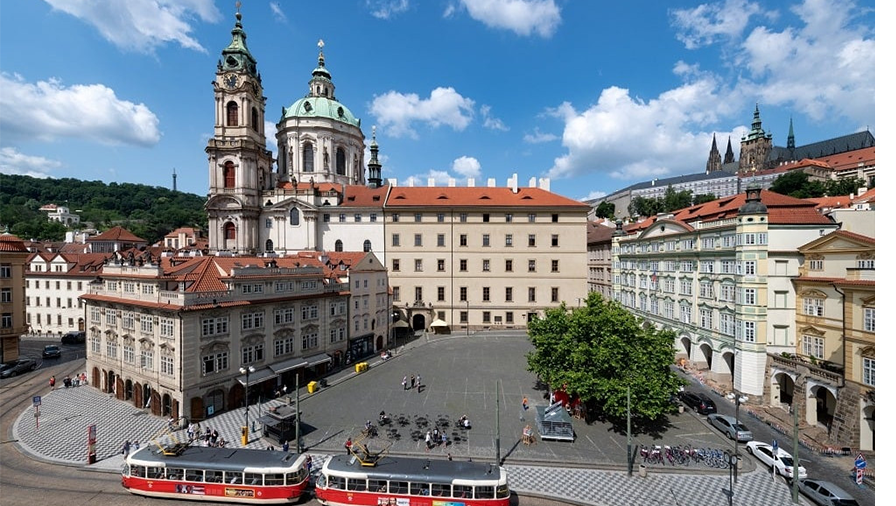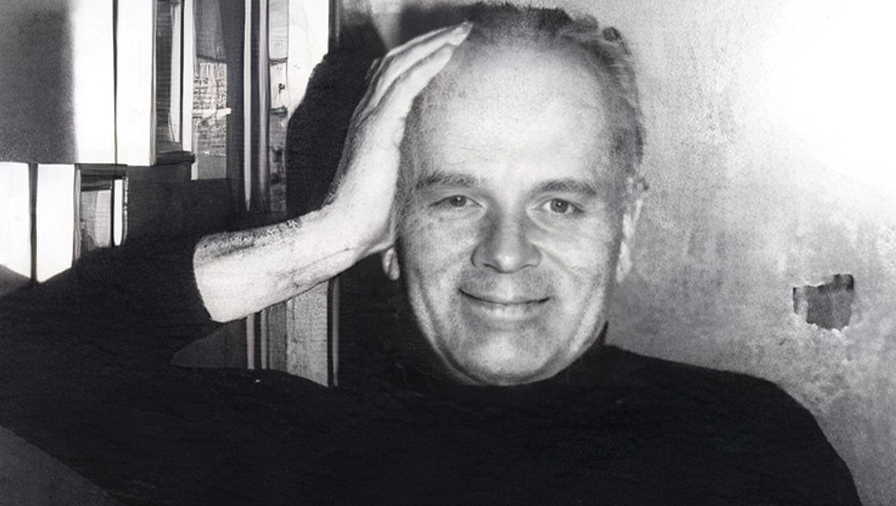‘I lived in a broken, dehumanised society’
Book Review: An expat Czech writer describes the homeland she swapped for New Zealand.
Book Review: An expat Czech writer describes the homeland she swapped for New Zealand.
In the annals of intellectual history, the Vienna Circle rates as one of the most influential group of thinkers since the Western Enlightenment of the 18th century.
The Austro-Hungarian Empire under the rule of the Habsburgs created a world-leading legacy in architecture, arts, medicine, science, and much else. The Vienna Circle emerged in the 1920s after the empire collapsed in World War I. It included philosophers, scientists, mathematicians, economists and sociologists, who later spread their ideas to the UK and the US as its members escaped Nazism and anti-Semitism in Germany and Austria. A previous column covered the Austrian school of economics, which promoted free market thinking and opposition to socialism.
One notable emigré was Karl Popper, who accepted a minor post at Canterbury College, as it was then, in Christchurch. He stayed until the end of World War II, when he returned to the London School of Economics.
New Zealand universities were heavily dependent on foreign-born academics and they included a number of other central Europeans who added greatly to this country’s social and cultural heritage (see Leonard Bell’s Strangers Arrive).
After the University of Otago’s philosophy head, Professor Dan Taylor, decided to retire in 1970, he visited Popper in a search for a replacement. Popper recommended Alan Musgrave, who was 29 at the time. His appointment made him one of the youngest philosophy heads in the world.
His task was to bring the department into the modern age, and one of his choices was a Czech, Pavel Tichý, a PhD student at Exeter University, who already had an international reputation as a logician, a key tenet of the Vienna Circle philosophers.
Although logic was the antithesis of the Marxist dogma taught at universities behind the Iron Curtain, Tichý had carved out a niche by working as a mathematician at Prague’s historic Charles University.
The New Zealand opening came at an opportune time. His wife, Jindřiška (Jindra) Svobodová, and their son Peter, aged six, had managed to get out of Czechoslovakia just before the border was closed after the Soviet invasion in 1968.

False dawn
This ended the so-called Prague Spring, in which the communist regime had attempted to “regenerate” its failing economy. While many put their faith in reforms under Alexander Dubček, they proved to be a false dawn. Under Soviet pressure, the regime sacked all academics who had renounced the party or attended anti-Russian demonstrations.
That would have included the Tichýs, had they been there. A fascinating account of this period is at the heart of Prague in My Bones, by Jindra Tichý, as she was known in New Zealand. (In Czech, her feminine surname is Tichá. Some married Czech women keep their original names but a Kiwi immigration official insisted she take her husband’s for their visa.)
The memoir begins with her grandparents, when Prague was the Habsburg empire’s third city after Vienna and Budapest. Her parents thrived in the independent Czechoslovakia that existed from 1918 until the Nazi occupation in 1938 after the ill-fated Munich pact.
The Svobodas were bourgeois but not rich, owning property and specialising in pharmacy. Her father, Josef, was a senior official in the health ministry from 1935 until his forced early retirement in 1955. Her mother, Hana, ran the family business and lived to see the end of communism in 1989.
Jindra was born in 1937 and soon experienced wartime deprivation. She recounts the Prague Uprising of 1944, which paralleled that of Warsaw, in which both cities were caught between the advancing Red Army and a German one intent on scorched earth policies.

An army of Russian emigrés switched sides and led the resistance to the Germans, but hopes of American troops just 50km away reaching Prague were dashed by a wartime deal with Stalin.
Life under communism
Post-war Czechoslovakia was the only eastern European state where communists received majority support to form a government without a Red Army occupation. But the veneer of democracy vanished in 1948 when the party staged a putsch and expelled non-communists.
The new regime proved even harsher than the Nazis and from 1948-52 its repression affected two million people. These included 250,000 sent to labour camps and the persecution of some 1.5 million, who lost their jobs and homes.
The party conducted its own version of the Moscow show trials of 1937, with death sentences passed on 233 top officials and 148 carried out. They included Rudolf Slanský, who as the No 2 communist launched the first purge. (In 1968, the government declared all those found guilty were innocent.)
Jindra was 15 in 1952 when the final trials were held, recalling they featured televised rallies that openly called for executions. One notable victim was Milada Horáková, who campaigned for women’s rights. Albert Einstein and Winston Churchill were among those who unsuccessfully petitioned in 1950 for her life. (The 2017 film Milada is on Netflix.)
The purges ended with Stalin’s death but that didn’t make life under communism any better. Jindra says of her memoir: “My obsession is to describe life in a broken society that dehumanises its members.”
Jindra and Pavel married in 1958 when both were employed at Charles University, one of Europe’s oldest but debased by decisions to appoint senior staff on their communist credentials rather than academic merit. It was a nether world between reality and fantasy: “We lived in a sort of limbo, in the winter hibernation of a bear.”

Communism aimed to penalise the professional middle class by forcing their children into the trades while giving preference to students from the working class. Hard labour, such as mining, was better paid than desk jobs.
She found out how socialism worked when she spent six months after graduation at the Tesla lightbulb factory, formerly owned by Philips. The plant was run by party officials, who had no idea how to make usable products. The only person who did, an elderly engineer, was ignored because he was considered a relic of capitalism.
Moving abroad
On the Tichýs’ arrival in England, Jindra was surprised to find the left-wing academics she mixed with were supportive of the Soviet invasion and the need to keep Czechoslovakia behind the Iron Curtain.
But she was impressed by English manners, morality and culture, boosted by reading Jane Austen. From Austen, Jindra learned the importance of individuality and generosity in polite society, and that humiliation of the disadvantaged was the biggest sin.
In Prague, she had attended the Russian Gymnasium, a prestige high school originally established by anti-Soviet emigrés, and was well versed in classic Russian literature.
We lived in a sort of limbo, in the winter hibernation of a bear.
Pavel’s Dunedin post ended their precarious English existence, as they had left Prague with no money or possessions.

A second child, Veronica, was born in 1971 and Jindra settled into her new life as a homemaker, a radical change from her homeland where women were expected to have full-time employment as well as raise their families. In addition, women spent hours queuing for essential but scarce goods, had few labour-saving appliances and no laundry services. In the 1970s, apartments were allocated 10 years after an upfront payment, while only elite party officials could own a car.
Career re-established
By contrast, New Zealand had plenty of food and consumer goods, though it lacked central Europe’s café society with its cultural attractions. However, she soon used her credentials to re-establish her academic career, thanks to Professor Jim Flynn and others, by tutoring in philosophy, teaching Russian and Czech, and lecturing in politics.
It was Flynn, a prominent leader of the anti-Vietnam war movement, who tapped her knowledge that vindicated George Orwell’s predictions back in the 1940s.
As Pavel consolidated his work in logic, becoming a professor in 1981, Jindra taught a generation of fortunate Otago students about life in an authoritarian society, its toll on families, and its economic waste.

Though the Tichýs left behind family and close friends to go into exile, Jindra does not regret opting to live in freedom rather than one based on a lie. Pavel died in a suspected suicide in 1994, a year after the couple had separated. He had failed to further his career during a disastrous sabbatical in the US, and a publisher had rejected his most recent work on grounds it was offensive.
Jindra does not contradict a statement in his Wikipedia entry: “He is remembered as a ferocious debater who liked to express his views directly regardless of any bad implications it could have. This made him a lot of friends but also a lot of enemies.”
Meanwhile, Jindra retired in 2004 to focus on writing. She has produced 20 books in Czech – including one on the first three months of the Velvet Revolution in 1989 – and through regular trips witnessed the restoration of capitalism that promised the kind of prosperity her homeland had before 1938.
She was named the third most influential expat Czech writer in 2012 (top was Milan Kundera). A recent achievement was her first novel in English and she was the subject of a TV documentary, Flight Through Time and Space. Her valuable memoir should have the extra benefit of bringing her remarkable life to the attention of more people in her adopted country.
Prague in My Bones, by Jindra Tichý (Quentin Wilson Publishing).
Nevil Gibson is a former editor at large for NBR. He has contributed film and book reviews to various publications.
This is supplied content and not commissioned or paid for by NBR.
Sign up to get the latest stories and insights delivered to your inbox – free, every day.